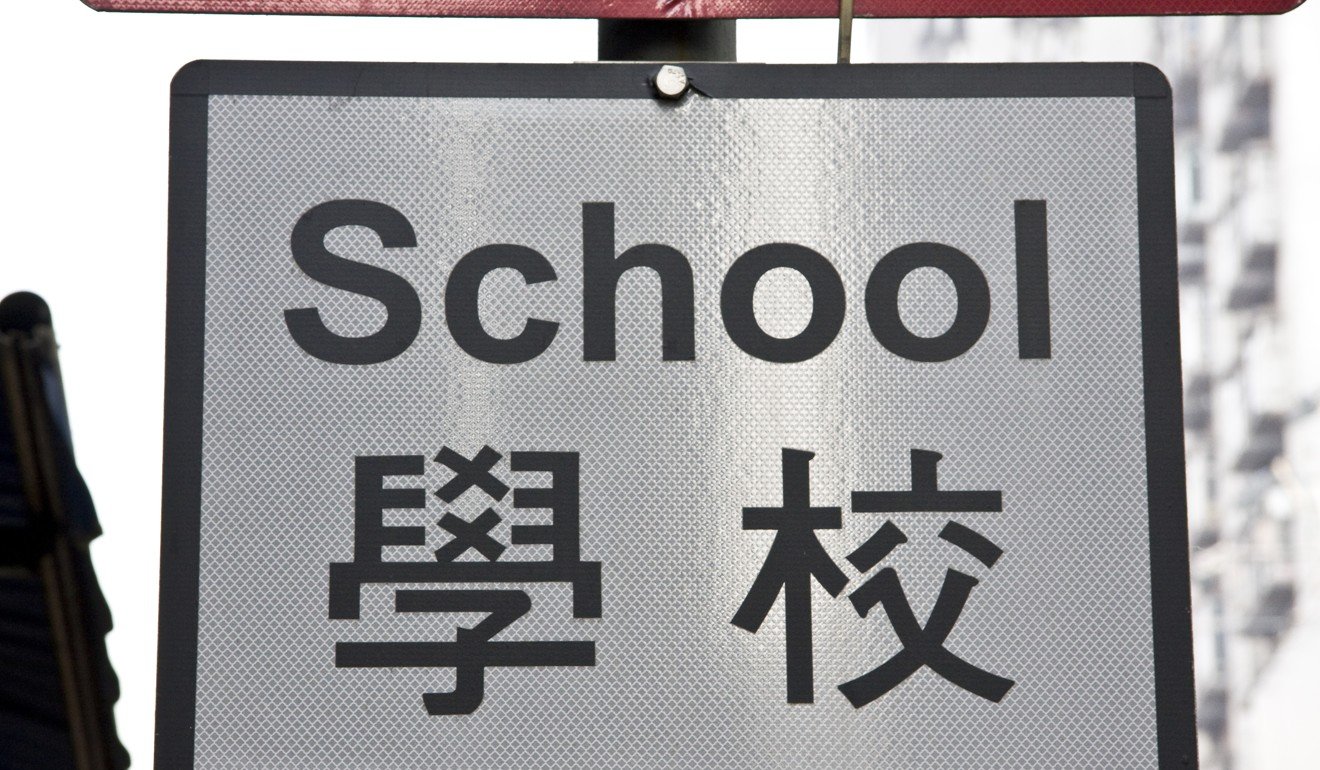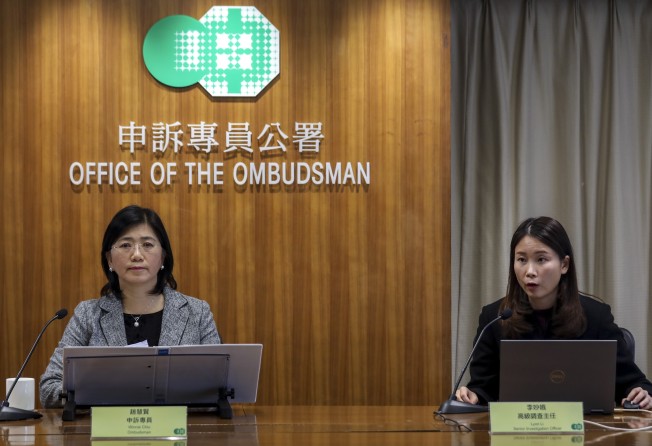
Education Bureau slammed for allowing Hong Kong’s private schools to charge millions for priority enrolment
- ‘Liberal’ interpretation of regulations let private schools charge millions in fees for priority enrolment
- Schools need prior approval from bureau before levying ‘any extra charges’, ombudsman says

Hong Kong’s government watchdog has slammed the Education Bureau for a “liberal” interpretation of regulations that has allowed private schools to charge some parents millions of dollars in miscellaneous fees in exchange for priority in their children’s enrolment.
In a direct investigation report released on Tuesday, the ombudsman revealed that one private school had asked parents for contributions to campus construction and renovations, offering them payment options including an annual capital levy of HK$60,000 (US$7,962), a one-off individual debenture of HK$600,000, and an individual or corporate capital certificate of HK$5 million.
The elaborate financial scheme gave priority in admission to those willing to cough up the larger sums necessary to buy the capital certificates.
Another unnamed school asked parents to choose from a similar set of investment options, with those choosing the priciest option – a one-off, non-refundable gold debenture of HK$3 million – given priority enrolment.

In Tuesday’s report, the ombudsman urged the bureau to set up a “comprehensive application and approval mechanism” to regulate the collection of miscellaneous charges and create a database of them to keep track of the overall picture, rather than simply monitoring annual school fee adjustments.
Private schools in Hong Kong, of which there were 166 in the 2018-19 academic year, do not receive government subsidies, and are allowed to charge tuition fees and miscellaneous fees.
Under the Education Regulations, schools must seek approval from the Education Bureau before charging any fees not “printed on the certificate issued by the bureau”. That usually includes miscellaneous payments not included in the tuition fee.
But the ombudsman found that the bureau had applied a “liberal approach” in its interpretation of the rule based on legal advice it obtained in 2002, which considered the collection of refundable charges by private schools a “private financial arrangement” between the schools and parents, and therefore not requiring approval from the bureau.
That interpretation was faulty, according to Ombudsman Winnie Chiu Wai-yin.
“During the course of this direct investigation, we pointed out to the EDB that its long-established practice is incompatible with … the Education Regulations,” Chiu said.
“After seeking further legal advice, the EDB conceded that the collection of any other charges [refundable or otherwise] by private schools … should be subject to the bureau’s approval.”
The ombudsman also noted that the bureau was unable to provide a comprehensive account of its application and approval mechanism, or procedures and criteria for non-refundable charges, showing that it did not have a full grasp of the situation.
Chiu also put the city’s private schools on notice, urging transparency.
“They need to get prior approval from the Education Bureau before levying any extra charges,” she said, adding that parents should also pay careful attention to the different charges before enrolling their children in private schools.
In response to the ombudsman’s report, a spokesman for the bureau promised to swiftly follow through on the creation of the recommended database and new fee-approval mechanisms, while noting the increasing complexity of the fundraising landscape for private schools.
“In order to meet the financial needs in relation to teaching and learning … some private schools may take out loans or implement fundraising schemes, such as debentures, capital levies and nomination rights. The EDB has noted that the modes of such fundraising schemes are becoming more diversified,” he added.
The spokesman also said private schools have been playing a unique role in the provision of education in Hong Kong. “While we are mindful of the legal requirements when devising the regulatory mechanism, we would also take into account the situation and needs of the schools and be careful not to interfere excessively,” he said.